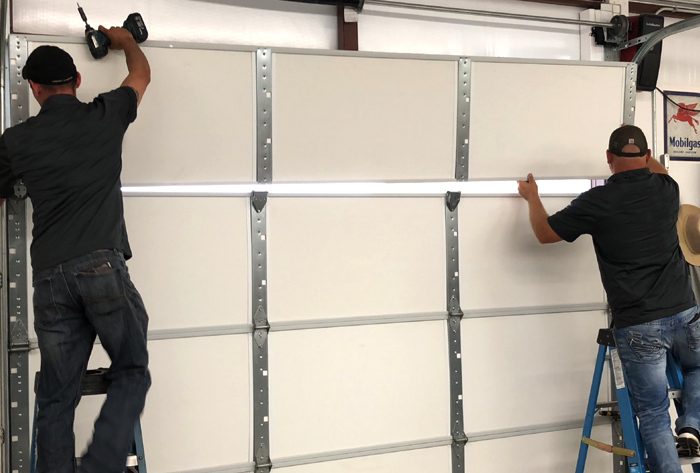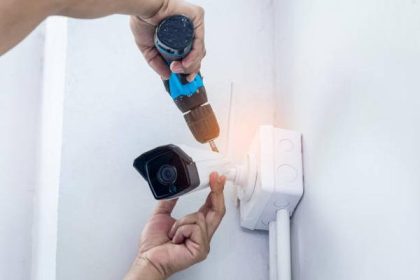Educational requirements vary by jurisdiction, but most states mandate at least 150 semester hours of education, which is beyond a typical bachelor’s degree. Many aspiring CPAs pursue a Master’s in Accounting or a related field to meet this requirement. Furthermore, candidates are often required to gain relevant work experience, which can include internships, apprenticeships, or employment at accounting firms. CPAs are held to high ethical standards to maintain public trust. They must adhere to the American Institute of CPAs (AICPA) Code of Professional Conduct, which outlines principles like integrity, objectivity, and confidentiality. These guidelines ensure that CPAs act in the best interests of their clients and the public, promoting credibility and accountability. A CPA designation opens the door to a wide range of career opportunities. CPAs can work in public accounting firms, corporations, government agencies, nonprofits, and as independent consultants.
Their roles span auditing, tax planning, forensic accounting, managerial accounting, and financial analysis, among others. In conclusion, Certified Public Accounting is a prestigious designation that holds immense importance in the financial world. CPAs are trusted professionals who uphold ethical standards while providing invaluable financial expertise. The journey to becoming a CPA involves rigorous education, passing the CPA exam, and accumulating relevant experience. The impact of CPAs reverberates across industries, contributing to transparent financial reporting and informed decision-making.””” A malfunctioning garage door can be a frustrating inconvenience that disrupts daily life. Whether you’re rushing out for work or returning home after a long day, a stuck garage door can throw a wrench in your plans. Understanding the common causes behind this issue can help you prevent it and address it promptly when it occurs.
**Lack of Maintenance**: Like any mechanical system, garage doors require regular maintenance to function smoothly. Accumulated dirt, rust, and debris can hinder the door’s movement, leading to it getting stuck. Regular lubrication of the tracks, hinges, and rollers can prevent this. Broken Springs**: Garage door springs play a crucial role in supporting the weight of the door. When they break, the door can become imbalanced and get stuck halfway. Springs have a limited lifespan, so regular inspections and click now replacements are essential. Misaligned Tracks**: The tracks that guide the garage door’s movement can become misaligned over time due to various factors. If the tracks are not properly aligned, the door may jam or get stuck. Regular checks and adjustments can prevent this issue. Sensor Problems**: Modern garage doors are equipped with sensors that detect obstacles in the door’s path, ensuring safety.





